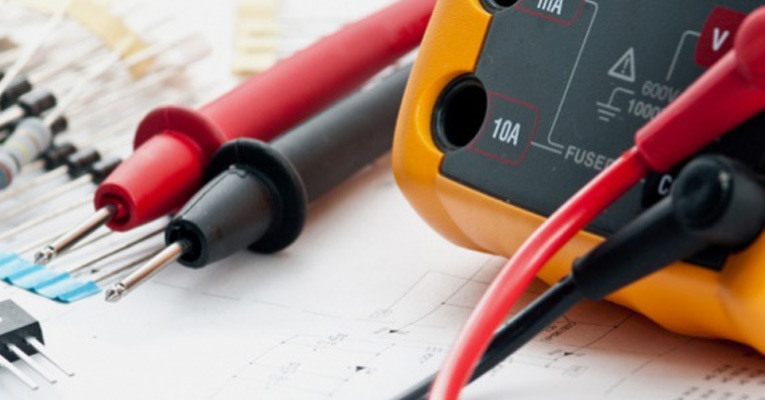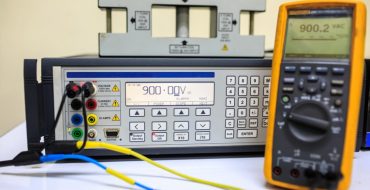The accuracy of measurements provided by even the most sophisticated instruments can drift over time. This is why they have to be calibrated and recalibrated not only at the intervals specified by their manufacturers, but also when working conditions change. These could be times when the device has been subject to more movement in a laboratory than usual, unexpected impacts or sudden changes in temperature.
The principal benefit of calibration is that an instrument maintains its accuracy and reduces errors in measurement. The calibrating process is a method of comparing any measuring equipment against a standard instrument that has higher accuracy. This way, any inaccuracies in the non-standard instrument can be adjusted and rectified within certain specified tolerance limits. The whole process enables someone to understand the accuracy of any values the instrument displays.
Such accuracy can be crucial in industrial sectors such as the food industry. Food manufacturers, catering contractors and small sandwich kiosks all have to adhere to health and safety regulations. These make very strict specifications about the temperatures at which any foods may be stored. The slightest inaccuracy in any temperature measurement could be the difference between a business’s viability and its closure.
The oil and gas sector, together with the food industry, can be the most susceptible to errors in any measurement and documentation. Despite technological innovation, both industries use a lot of semi-manual measurement systems and paper reporting. It can be difficult sometimes to provide records of quality sufficient for audit purposes.
Cost reductions during difficult economic times and business streamlining can often make these problems worse. If measuring instruments mix with the wrong proportions of any components in an industrial process, the final product might have to be withdrawn from sale. Any neglect in calibrating measuring devices could lead to production failure, unscheduled downtime in production processes, product recalls and, at the extreme, litigation about product quality.
Measuring instruments that are located at specific points in a complicated and hazardous industrial process, such as those involving petrochemicals, need to maintain their accuracy at all times. If these fail, they can endanger both employee safety and the surrounding environment.
There’s also a common misconception that new devices are accurate and do not require calibration. Despite the manufacturer’s guarantee, you can never be certain that a new instrument will perform accurately. The best approach is to calibrate all new devices before they are installed.
Written by Barry Atkins at www.calibrate.co.uk



